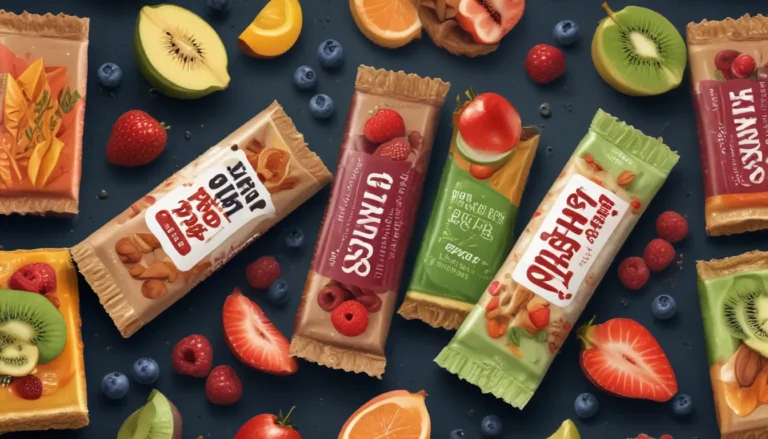The pictures in our articles might not always show exactly what the text is talking about. We use these images to make the article more interesting and eye-catching. They are there to add to the text, but not to replace it or show every detail.
Crab cakes, those delectable seafood delights, are more than just a mouth-watering treat. They pack a nutritional punch that might surprise you. In this article, we'll delve into the world of crab cake nutrition to uncover 15 fascinating facts that make these culinary creations as wholesome as they are delicious. So, let's start exploring the nutritional benefits of crab cakes and how they can fit into a balanced diet.
Understanding Crab Cake Nutrition
Crab cakes are not only tasty but also a great source of essential nutrients. Let's break down the key elements that make crab cakes a nutritious choice for your diet.
Calories in Crab Cakes
The calorie content of a crab cake can vary depending on the recipe, but on average, a 3-ounce homemade crab cake contains around 120 to 160 calories. This makes crab cakes a moderate-calorie option for a satisfying meal.
Protein Powerhouse
Crab cakes are rich in high-quality protein, with a 3-ounce serving providing approximately 14 grams of protein. Including crab cakes in your diet can help you meet your daily protein needs.
Fats in Crab Cakes
While crab cakes do contain some fat, usually around 6 to 10 grams per serving, it's important to consider the type of fat. Seafood naturally contains heart-healthy omega-3 fatty acids, but be mindful of added fats from ingredients like mayonnaise.
Carbohydrates and Other Nutrients
Crab cakes may contain breadcrumbs or fillers that contribute to their carbohydrate content, typically ranging from 7 to 15 grams per serving. Additionally, crab cakes are a good source of vitamins and minerals, including B vitamins, selenium, zinc, and copper.
Sodium Concerns
One aspect to watch out for when enjoying crab cakes is their sodium content. Due to seafood and seasonings, a single serving of crab cakes can contain 500 to 800 milligrams of sodium, about a third of the recommended daily limit. Keeping an eye on your sodium intake is crucial for your overall health.
Healthier Cooking Methods and Accompaniments
How you cook your crab cakes can significantly impact their nutritional profile. Baking or grilling are healthier options compared to frying, which can increase fat and calorie content. Choosing nutritious accompaniments like salads or steamed vegetables can also enhance the overall healthiness of your meal.
Making Crab Cakes Fit Your Dietary Needs
Crab cakes are versatile and can be adapted to suit various dietary preferences. Whether you're looking for gluten-free or dairy-free options, there are ways to enjoy crab cakes while meeting your dietary requirements.
Pairing Crab Cakes with Balanced Foods
While crab cakes are nutritious on their own, it's essential to pair them with other nutrient-rich foods for a well-rounded meal. Including fiber-rich vegetables and whole grains alongside your crab cakes can help you achieve a balanced diet.
Considerations for Allergies
If you or someone you're cooking for has a shellfish allergy, crab cakes are unfortunately off the menu. Always be mindful of dietary restrictions and allergies when preparing food for others.
Canned vs. Fresh Crab
The type of crab used in your crab cakes can impact their nutritional value. Canned crab may contain added sodium, while fresh crab is generally lower in sodium and offers a more robust nutrient profile.
Creating the Healthiest Crab Cakes
Opting to make your own crab cakes at home gives you control over the ingredients, sodium content, and cooking method. This allows you to customize your crab cakes to align with your dietary goals and preferences.
In Conclusion
From their protein content to their adaptability for different dietary needs, crab cakes are more than just a tasty indulgence. By understanding the nutritional value of crab cakes and making informed choices about how you prepare and consume them, you can enjoy this seafood delicacy as part of a healthy, balanced diet.
We Value Your Feedback
Our aim is to provide accurate and engaging content that empowers you with valuable information. Each nutritional fact shared on our site comes from real users like you, ensuring a diverse range of insights. Our dedicated editors review every submission to maintain high standards of accuracy and reliability. You can trust us to deliver authentic and credible information as you continue to explore and learn with us. Thank you for being a part of our community!






